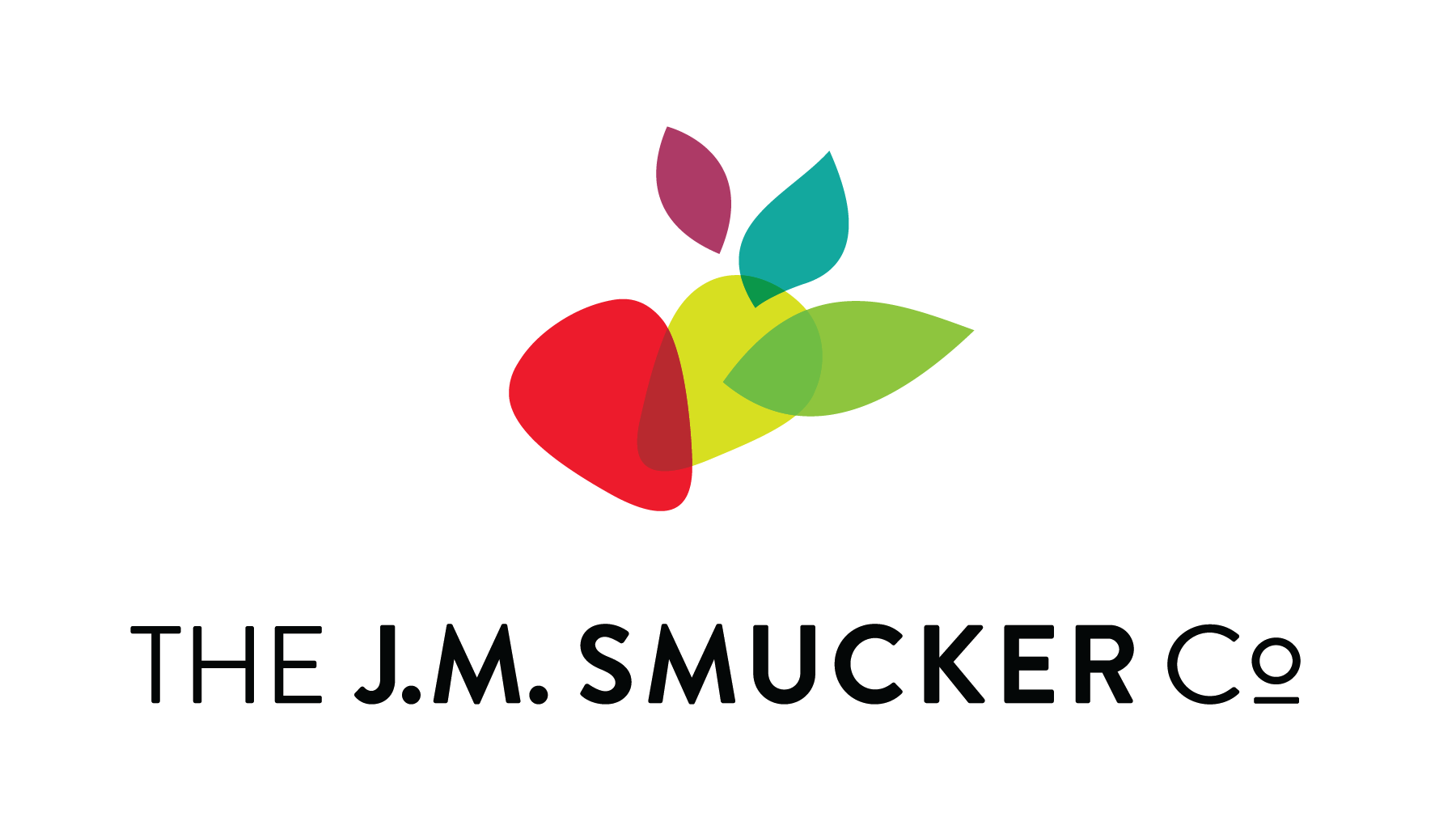Smallholder Coffee Farmer Support Reveals New Opportunity for Community
July 8, 2022
A large percentage of the world’s coffee beans are produced by smallholder farmers, who cultivate plants on just a few acres or less of land. We are passionate about supporting smallholder farmers and fortunate to have partners like Hanns R. Neumann Stiftung (HRNS) who share in our passion. HRNS offers its expertise to help these farmers improve their ability to produce great coffee while also improving their livelihoods through increased yield and profitability.
South Sumatra, Indonesia is home to approximately 65,000 of these small coffee producing farms. And many South Sumatran farms are operating with limited access to the resources and materials needed to optimize their coffee farms. HRNS has worked extensively in this area, coordinating training for over 15,000 area farmers resulting in increased farmer profits and a spike in Good Agricultural Practices, leading to a more sustainable crop.
To date, HRNS has integrated over 660 unique farmer groups into their project training, surpassing the target of 650. These groups offer farmers the opportunity to share key learnings and develop new method to increase coffee yield and profitability. One recent success story comes from local farmers who have been galvanized by training sessions and have applied their knowledge to other areas of agriculture.
Using the network and resources offered by HRNS, a group of farmers recently discovered that rice husks, a readily available material in South Sumatra, but one that is typically discarded, could be repurposed to produce a material called biochar. When combined with organic fertilizers, biochar greatly increases the capacity of soil to retain nutrients and water, leading to increased production for crops like coffee.

With this knowledge in hand, the group had the start of a new business. They began collecting rice husks and testing biochar production at ever-increasing scale with positive results. Following these promising early returns, HRNS has again stepped in by developing new training designed to help the group produce biochar at scale, market the product to area farmers and package it for distribution. In addition, HRNS hired a full-time expert to work directly with the group to coordinate with government agencies and private businesses, bringing in new opportunities for growth and expansion. The future is bright for this blossoming business.
To learn more about the important work we sponsor through HRNS, visit their website at https://www.hrnstiftung.org/.
